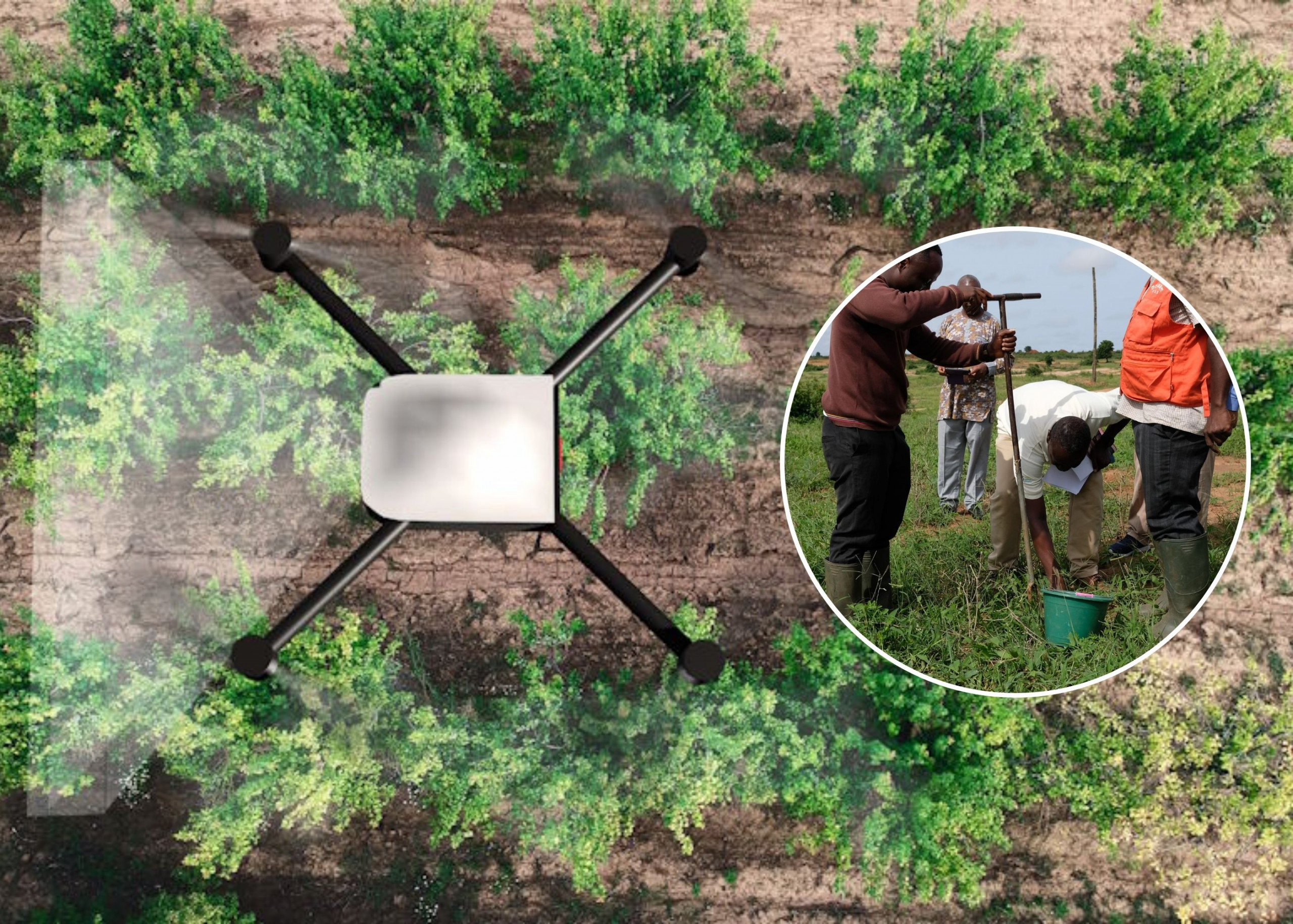News in brief:
– Soils4Africa has trained 300 professionals in soil inventory and land use interactions to improve soil data and promote sustainable agriculture in Africa.
– The program has also collected soil samples and hosted stakeholder engagements on soil health and fertiliser usage.
Soils4Africa has completed its capacity-building project, funded by the European Union’s Horizon 2020, by training 300 professionals in soil inventory and soil-land use interactions using new digital tools.
The beneficiaries of the training are from 49 African countries, representing over 60 institutions. The International Institute of Tropical Agriculture (IITA) and the International Soil Reference and Information Centre (ISRIC) supported the initiative.
Launched in 2022, Soils4Africa has been developing an Open-data Soil Information System (SIS) to help farmers and other stakeholders improve the quality and availability of African soil data, fostering sustainability in the agricultural and food sector.
During its field campaign, Soils4Africa collected 20,000 soil samples for analysis and recorded observations on their physical properties. The program has also hosted various stakeholder engagements on soil health and fertilizer usage, including talks, workshops, and training videos.
Soil health is fundamental to the future sustainability of African agriculture and food systems. Healthy soil is rich in organic matter, teeming with microorganisms, and well-structured, promoting nutrient cycling, water retention, and root growth.
Conversely, degraded soils are susceptible to erosion, nutrient depletion, and desertification, hindering crop productivity and threatening food security. Restoring and maintaining soil health through practices like crop rotation, cover cropping, and organic matter addition is essential for long-term agricultural sustainability.
Fertilisers play a crucial role in enhancing crop yields and addressing nutrient deficiencies in African soils. While chemical fertilisers can provide a quick boost to productivity, their overuse can lead to soil acidification, nutrient imbalances, and environmental pollution.
Therefore, sustainable fertiliser management is necessary, involving optimized application, promotion of organic fertilizers, and exploration of innovative nutrient-efficient technologies to minimize negative impacts.
Achieving sustainability in African agriculture requires a holistic approach that balances productivity with environmental protection and social equity.
With Soils4Africa’s work, a data-driven approach is expected to conserve natural resources, reduce greenhouse gas emissions, and improve the livelihoods of small-scale farmers. The information system will include indicators, data, and a methodology for repeated soil monitoring.



